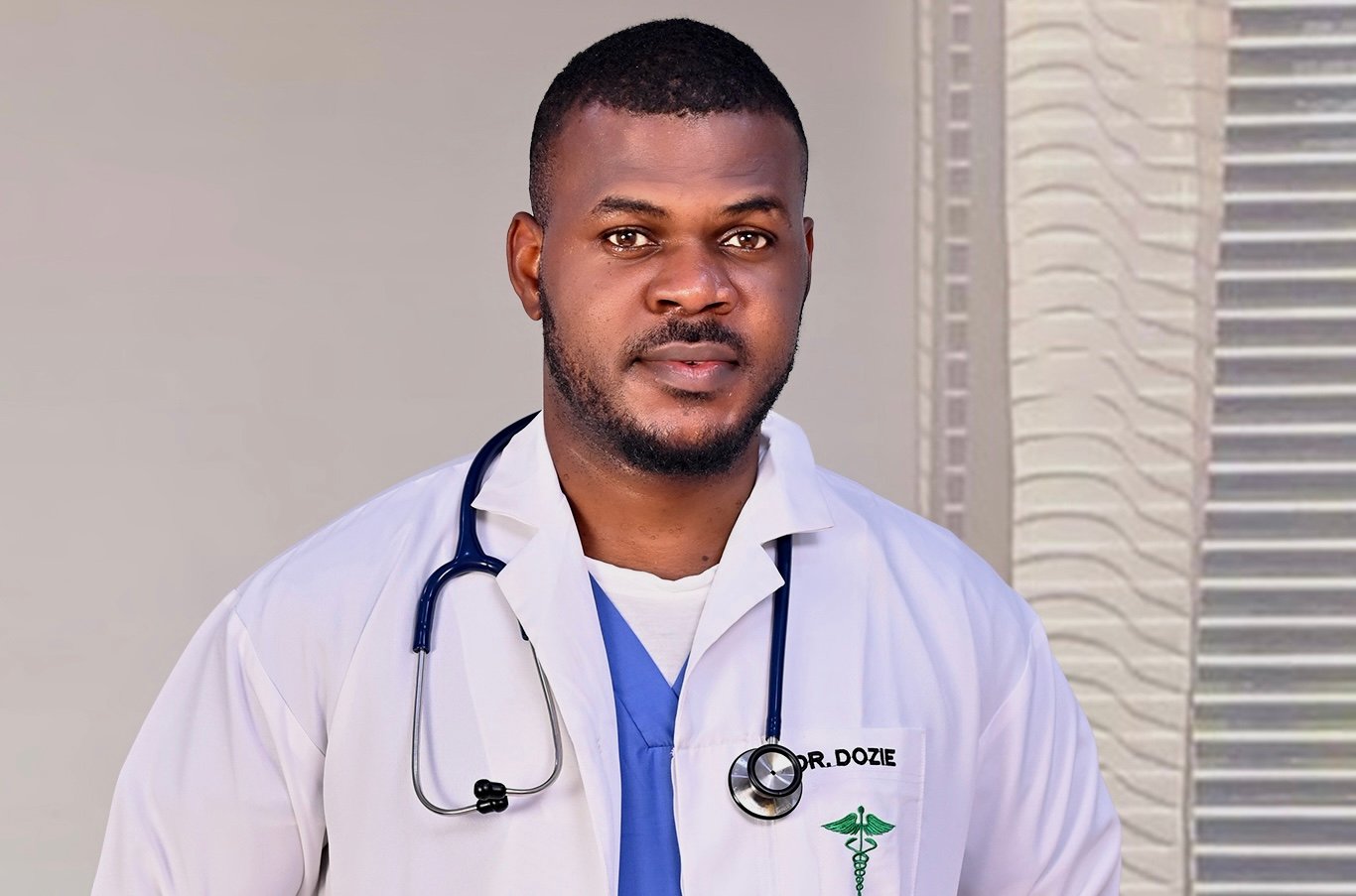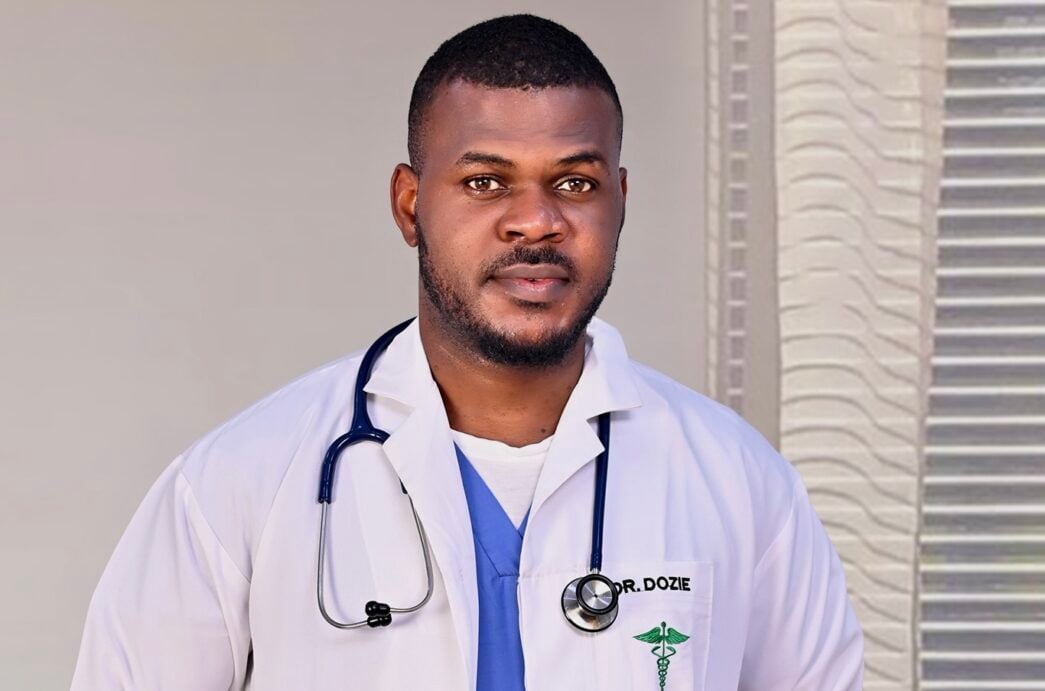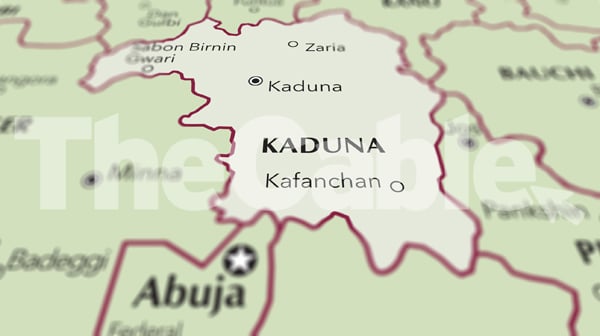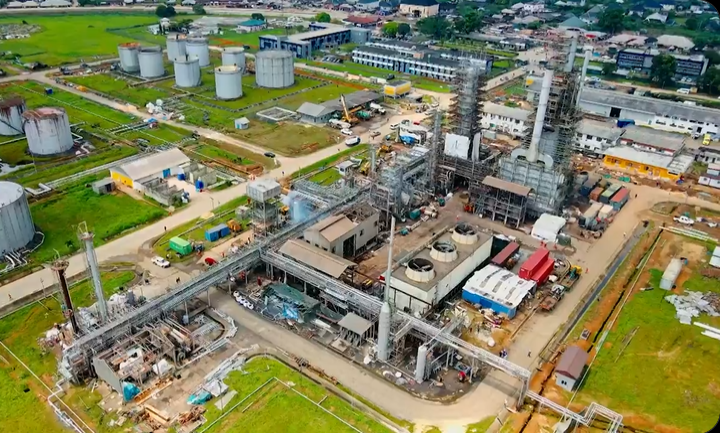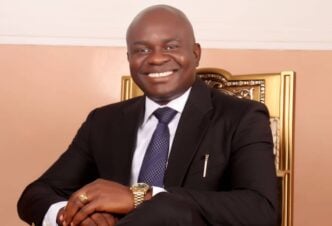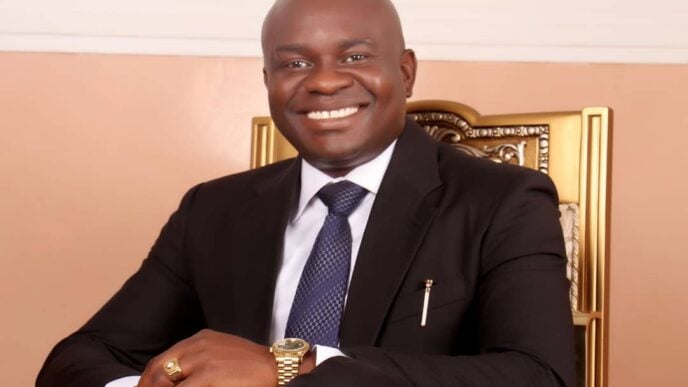Chidozie Pascal is a clinical and public health practitioner and founder of Pandacare, a health-tech company dedicated to bridging healthcare access gaps across Nigeria.
In this interview with TheCable’s SAMUEL AKPAN, Pascal explained why he refused to leave the country for better working conditions and pay abroad.
TheCable: What motivated you to become a medical practitioner?
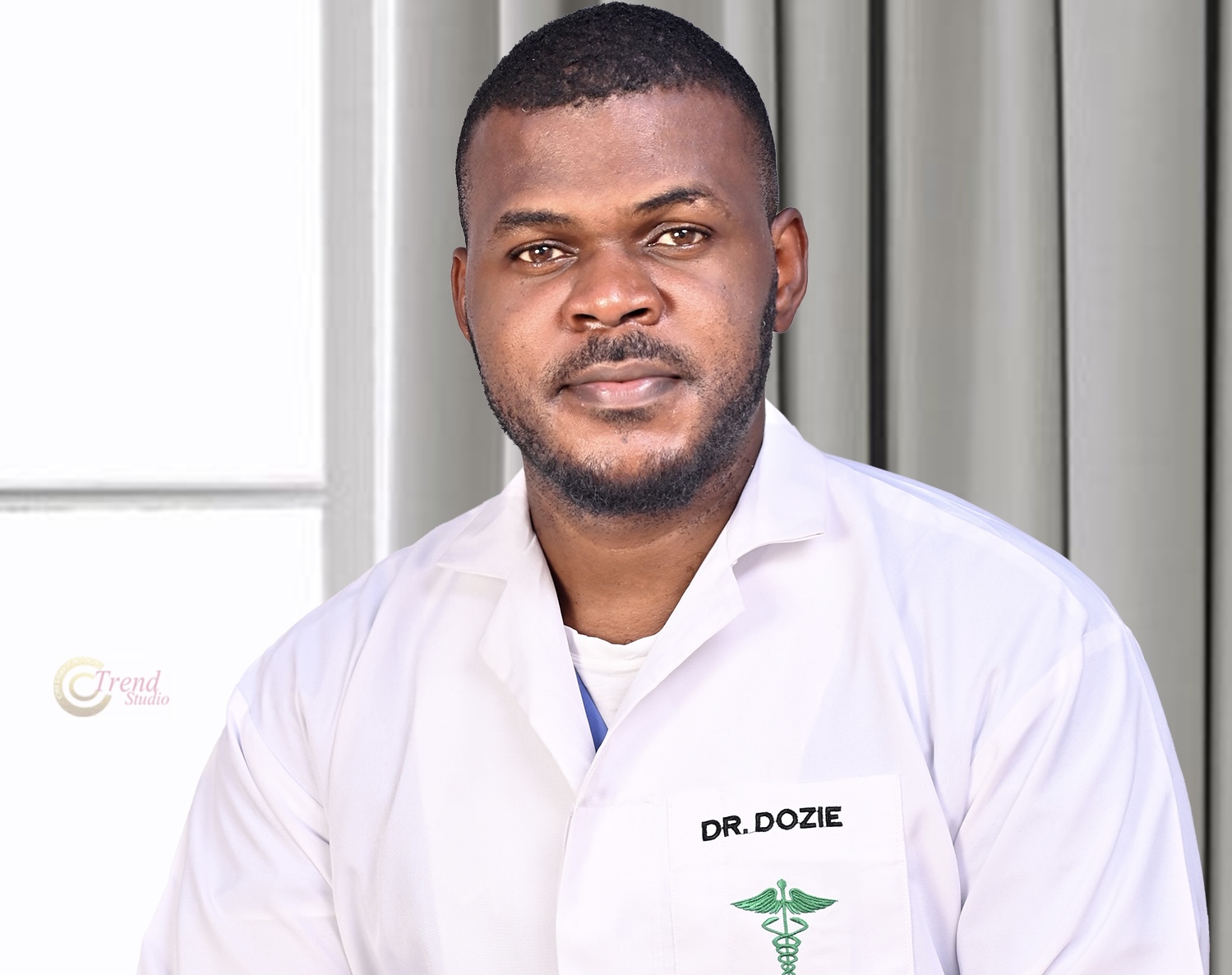
Pascal: Growing up, the first time I heard about the disease AIDS and how it could kill without a cure, it deeply troubled me. That moment sparked something in me. I started being passionate about finding lasting solutions to hopeless health problems. Over time, this passion evolved into a calling. I place a priceless value on saving human lives. I have always believed that there is a better way to deliver care, and I have always wanted to be part of the solution. The desire to make a real difference in people’s health and well-being propelled me to become a doctor.
Advertisement
TheCable: Can you share your experience working in the Nigerian health sector?
Pascal: Working in Nigeria’s health system has exposed me to many deep-rooted challenges, some of which are heartbreaking. One of the most alarming practices I have witnessed is the substitution of doctors with nurses to consult patients, especially in private hospitals struggling with staffing.
While nurses are critical to healthcare, they are not trained or licensed to handle complex diagnoses or treatment decisions. This gap often leads to misdiagnoses or delayed interventions and ultimately puts lives at risk.
Advertisement
Another major issue is our poor emergency response system. Patients in critical condition are often transported in private cars or on motorcycles because ambulances are either unavailable, delayed, or unequipped. In emergencies, minutes count, and those delays have cost countless lives.
In many underserved areas, hospitals are short-staffed, under-equipped, and overwhelmed. You will find one doctor attending to over 60 patients in a single shift, with limited tools. This not only burns out professionals but also greatly reduces the quality of care patients receive.
TheCable: Have you ever contemplated relocating abroad?
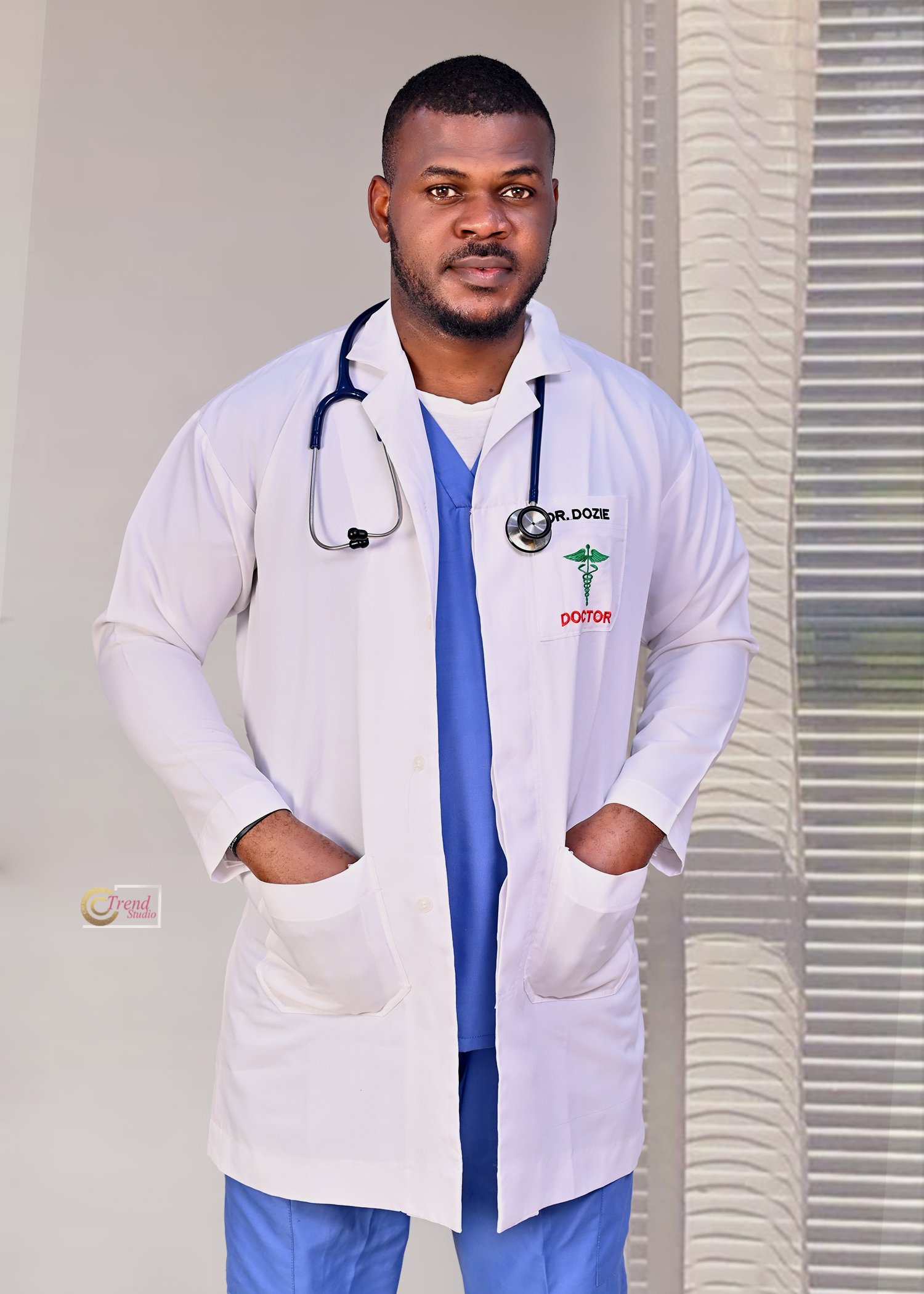
Pascal: Absolutely. I have had offers, and like many others, I was tempted. But I realised that real impact means building solutions at home. I chose to stay and become part of the answer instead of adding to the brain drain.
Advertisement
TheCable: Why are many healthcare professionals leaving Nigeria?

Pascal: The exodus of healthcare professionals from Nigeria is driven by a combination of deep frustration and survival. Many are leaving not just for better pay, but for environments where their work is valued, their skills fully utilised, and their wellbeing prioritised.
Imagine dedicating over seven years to intense medical training only to end up working in poorly equipped hospitals, earning meagre salaries, and facing daily burnout due to workforce shortages. It’s disheartening. Sadly, it’s gotten so bad that even respected elders and mentors in the medical profession who once encouraged resilience are now openly advising and encouraging young doctors to leave the country. That speaks volumes about the level of despair in the system.
Advertisement
They see no clear roadmap for improvement, and instead of watching the next generation suffer the same fate, they encourage them to seek better lives abroad. It’s a painful truth, and it’s one of the key reasons I chose to stay and create a platform like Pandacare. We need hope and homegrown solutions.
TheCable: How has this affected patient care, especially in underserved areas?
Advertisement
Pascal: It is devastating. Communities are left with skeletal services. A patient might wait weeks to see a specialist or travel long distances just for basic care. Emergency cases suffer the most.
TheCable: Why is it hard to fix long wait times, overburdened hospitals, and high healthcare costs?
Advertisement
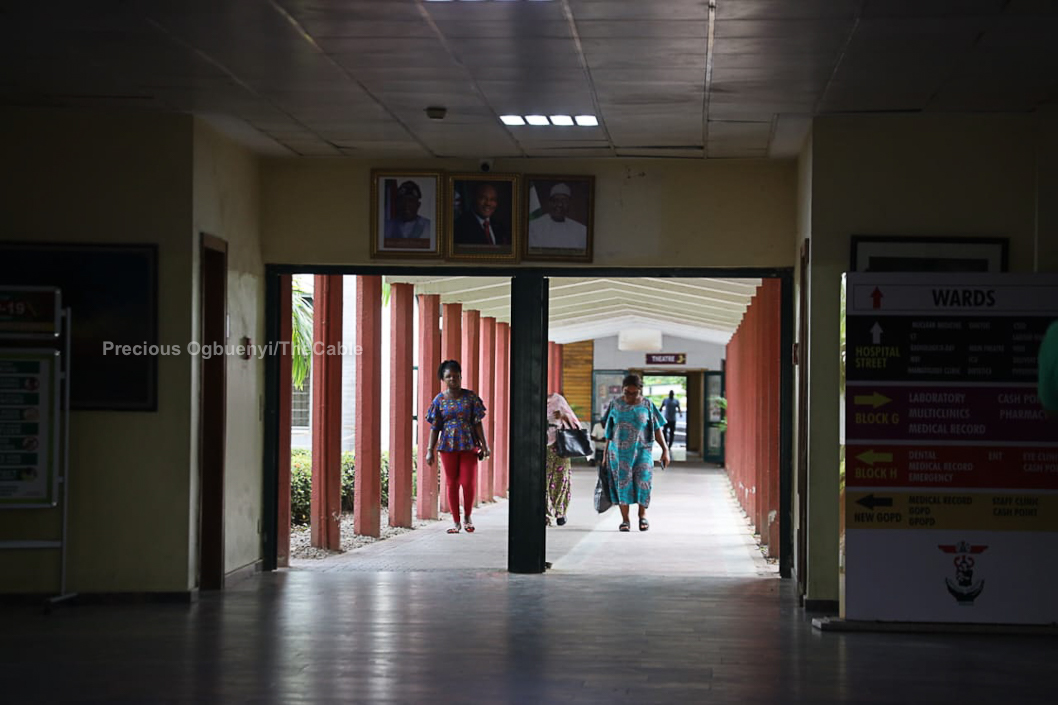
Pascal: Fixing long wait times, overburdened hospitals, and high healthcare costs is difficult due to a severely short-staffed health system, poor infrastructure, and the continuous brain drain of qualified professionals. Many patients are forced to wait hours, sometimes days, to access care, and costs rise due to limited supply and high demand.
At Pandacare, we are addressing this challenge by integrating foreign-based, Nigerian-licensed doctors into our telemedicine pool. Many of these professionals abroad are eager to give back but lack the right platform. With Pandacare, they can contribute remotely, earn fairly, and significantly boost our local healthcare workforce.
Advertisement
TheCable: Why should Nigerians trust digital healthcare platforms like Pandacare?
Pascal: Nigerians should trust digital healthcare platforms like Pandacare because we are committed to delivering high-quality, accessible healthcare directly to your doorstep. Our platform offers professional medical services, including telemedicine consultations, home care, and emergency ambulance services, ensuring patients receive timely and effective care.
With a team of licensed doctors, nurses, and trained healthcare professionals, we prioritise patient safety and well-being. Pandacare’s transparency, efficiency, and personalised care model make healthcare more reliable and affordable, particularly for those in underserved areas where access to quality care is limited.
TheCable: How does it aim to transform healthcare in Nigeria?
Pascal: By decentralising care and making it patient-centred. Our platform reduces hospital congestion, brings care to remote areas, and ensures timely treatment. We’re reshaping healthcare access — making it proactive instead of reactive.
TheCable: Where do you see digital healthcare in Nigeria in the next five years?
Pascal: It will be a norm. With widespread adoption of platforms like Pandacare, healthcare will be decentralised, preventive, and tech-driven, saving more lives and reaching more people.
